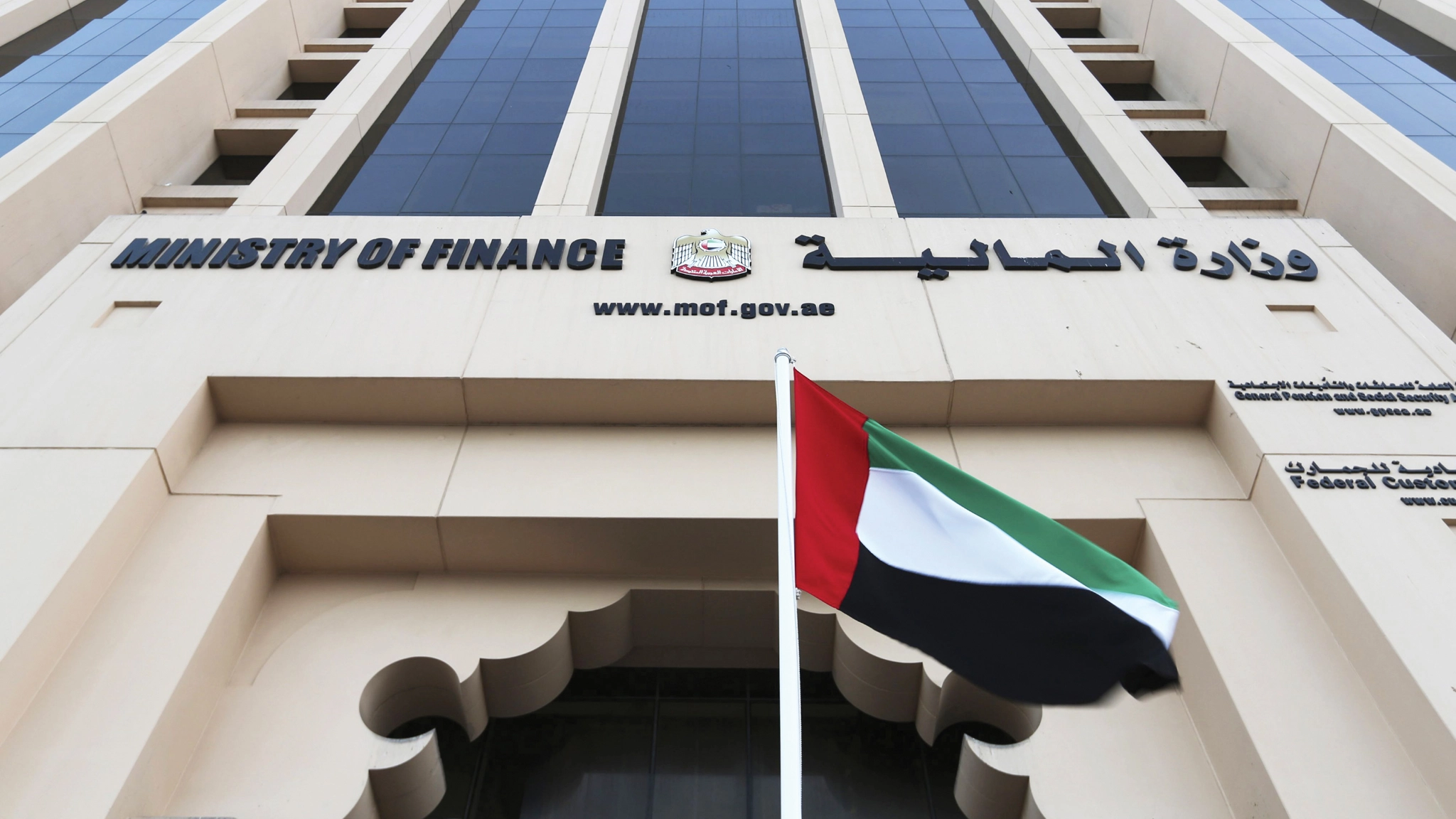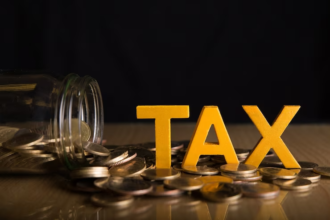Tax Authorities in UAE
Everything You Need To Know About The Tax Authorities In The UAE
Taxation in the United Arab Emirates (UAE) is unique. Surprisingly, there is no federal tax regime in the country, making it a TAX HEAVEN at first glance. However, before you start dreaming of a tax-free paradise, let’s delve into this comprehensive guide that provides you with everything you need to know about Tax Authorities in UAE.
The Taxation in UAE – An Overview
The Federal Tax Authority (FTA) does not have a federal income tax system in place and does not impose corporate, inheritance, or other types of taxes. The Tax System in the UAE neutrality is a major reason why the UAE is considered one of the MOST attractive destinations for businesses worldwide and an appealing choice for millions of expatriates globally.
Tax Authorities in UAE is determined on a territorial basis, with tax decrees enforced by individual Emirates. In January 2018, the UAE introduced Value Added Tax (VAT) relatively late compared to other countries.
Federal Tax Authorities in UAE
1. Income Tax
The UAE doesn’t Tax Authorities in UAE individual income. There is no income Federal Tax Authority United Arab Emirates return to file for employees, freelancers, or self-employed individuals in the Emirates. However, all residents, including employees, freelancers, and self-employed individuals, are subject to social security contributions.
2. Individual Tax
GCC nationals, including UAE nationals, must contribute 17.5% to the social security regime, with employees paying 5% (automatically deducted from their paycheck) and employers paying the remaining 12.5%.
Employees working in Free Trade Zones (FTZ) are also subject to the social security regime. Other GCC residents are subject to the social security regime of their respective countries, while non-GCC nationals are exempt from social security contributions in the Tax Authorities in UAE.
3. Corporate Tax
Corporate taxes in the UAE apply only to foreign banks and oil companies. Businesses registered in the UAE are usually tax-exempt for an extended period. There are no capital gains and profits taxes unless the company is subject to any other income tax.
4. Double Taxation
The Tax Authorities in UAE are actively working on Double Taxation Agreements (DTA) and Bilateral Investment Treaties (BIT) networks. It has secured around 193 DTAs and BITs to reduce or exempt direct and indirect taxes on investments and profits, aiming to promote strategic global partnerships.
5. Tourist Facility Tax
Restaurants, hotels, and resorts in the UAE have the following taxes:
- Room: 10%
- Service charges: 10%
- Municipality fees: 10%
- City tax: 6 – 10%
- Tourism fees: 6%
6. Property Transfer Tax
The property transfer is subject to taxation, and the tax rate varies from emirate to emirate. For example, Dubai has a 4% property transfer tax System in UAE, which the buyer is responsible for paying.
7. Inheritance Tax
The UAE does not have an inheritance Corporate Tax Authorities in UAE. Matters related to inheritance disputes or obscurity are dealt with under Islamic Shariah law.
Regional Taxes in the UAE
1. Free Trade Zones (FTZ)
The Federal Tax Authority United Arab Emirates has chosen 40 Free Trade Zones, each with special tax, custom, and import regimes. Companies operating within Free Zones are fully exempted (100%) from import and export taxes, and the tax System in UAE exemption period is generally between 15 to 50 years, renewable.
2. Tourism Tax
Hotel taxes vary in each emirate, ranging from AED 7 to AED 20 per room per night (up to 30 nights), depending on the hotel’s grade. Abu Dhabi charges an additional 4% on hotel bills, equivalent to AED 15 per room per night. Ras Al Khaimah hotels also charge AED 15 per room.
3. Rental Tax
Rental taxes differ across emirates. In Dubai, residential tenants pay 5% of their annual rental, while commercial tenants pay 10%. In Abu Dhabi, citizens are exempt from property taxes, but expatriates must pay 3%. Tenants in Sharjah pay a 2% rental The Tax System in the UAE.
Goods and Services (VAT) Taxation in UAE
The Tax Authorities in UAE have picked two types of Goods and Services taxes:
1. VAT
The UAE imposes a 5% VAT, but certain items are exempt. During the pandemic, the UAE exempted Personal Protection Equipment (PPE), Masks, Gloves, Sanitizers, and Antiseptics from VAT to assist citizens. The following items have no VAT:
- Exports outside the GCC
- International transportation
- Precious metals (investment-grade)
- New residential properties
- Specific educational and healthcare services
2. Excise Tax
Implemented in 2017, the excise Tax Authorities in UAE is an indirect tax imposed on products considered harmful to people’s health or the environment. The rates are as follows:
- Carbonated drinks – 50% (excluding unflavored carbonated water)
- Energy drinks – 100% (containing stimulating substances such as caffeine, taurine, ginseng, etc.)
- Tobacco and Tobacco products – 100%
Frequently Asked Questions
The Federal Tax Authorities in UAE employs a standard rate of 9 percent on taxable profits exceeding AED375,000. However, profits up to and including this threshold will be taxed at a zero percent rate to support small businesses and startups. Furthermore, existing free zone entities will enjoy a zero percent corporate Federal Tax Authority TRN Verification rate on qualifying income.
For tax identification purposes, the UAE utilizes a unique 15-digit code, the TRN (TIN), issued by the tax authorities. This code acts as an identification number for businesses and individuals, facilitating tax tracking. In some regions, the TRN is also called a VAT identification number.
In tax management, EMARA TAX stands out as the definitive one-stop shop for all your tax-related activities. Whether tax registration, filing, payment, or refunds, this platform offers a seamless experience that sets it apart.
One notable aspect of the UAE tax status is the absence of personal income tax on employment or other individual income. As a result, if an individual meets the criteria to be considered a UAE Tax Resident, they generally won’t be subject to personal income taxation in the UAE.
The Federal Tax Authority conducts tax audits in the UAE to assess whether taxable entities are adhering to the tax laws and requirements outlined in the VAT Laws and Excise Tax Laws. This process ensures compliance and fairness in the tax system.
Latest News
UAE Taxation System
Step-by-Step Guide For UAE Taxation System: The United Arab Emirates follows a…
How to Calculate VAT In UAE
Calculate 5% VAT in UAE is done according to the Article 53…
Turnover Tax UAE- A Complete Guide For Beginner
Turnover Tax UAE, also known as sales tax or Value Added Tax…
Corporate Tax UAE Eligibility At 9% Of The Net Profit
In January 2022, the Ministry of Finance publicized that it would put…
All About The UAE Federal Tax Authority
The UAE Federal Tax Authority (FTA) is a government institution responsible for…
Business Tax in UAE
How to calculate business tax in UAE? Business Tax in UAE requires…















